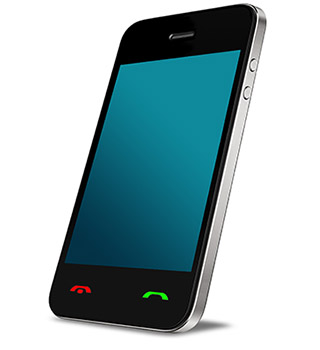 consumers from spam and scam robotexts. The Commission’s decision makes clear that wireless providers are authorized to continue their efforts to stop unwanted text messaging through robotext-blocking, anti-spoofing measures, and other anti-spam features.
consumers from spam and scam robotexts. The Commission’s decision makes clear that wireless providers are authorized to continue their efforts to stop unwanted text messaging through robotext-blocking, anti-spoofing measures, and other anti-spam features.Text messaging has become a critical communications option for consumers with 1.77 trillion messages exchanged in the United States in 2017. Wireless messaging has become a trusted form of communication for millions of Americans in large part because wireless providers have taken measures to prevent spam and other unwanted or malicious traffic from clogging consumers’ phones. As a result of these efforts, wireless messaging remains a relatively spamfree service, with the spam rate for Short Message Service (SMS) estimated at less than 3%.
In today’s ruling, the FCC denies requests from mass-texting companies and other parties to classify text messaging services as “telecommunications services” subject to common carrier regulation under the Communications Act—a classification that would limit wireless providers’ efforts to combat spam and scam robotexts effectively. Instead, the FCC finds that two forms of wireless messaging services, SMS and Multimedia Messaging Service (MMS), are “information services” under the Communications Act. With this decision, the FCC empowers wireless providers to continue taking action to protect American consumers from unwanted text messages.
Action by the Commission December 12, 2018 by Declaratory Ruling (FCC 18-178). Chairman Pai, Commissioners O’Rielly and Carr approving. Commissioner Rosenworcel dissenting. Chairman Pai, Commissioners O’Rielly, Carr, and Rosenworcel issuing separate statements.
WT Docket No. 08-7
Source: FCC









